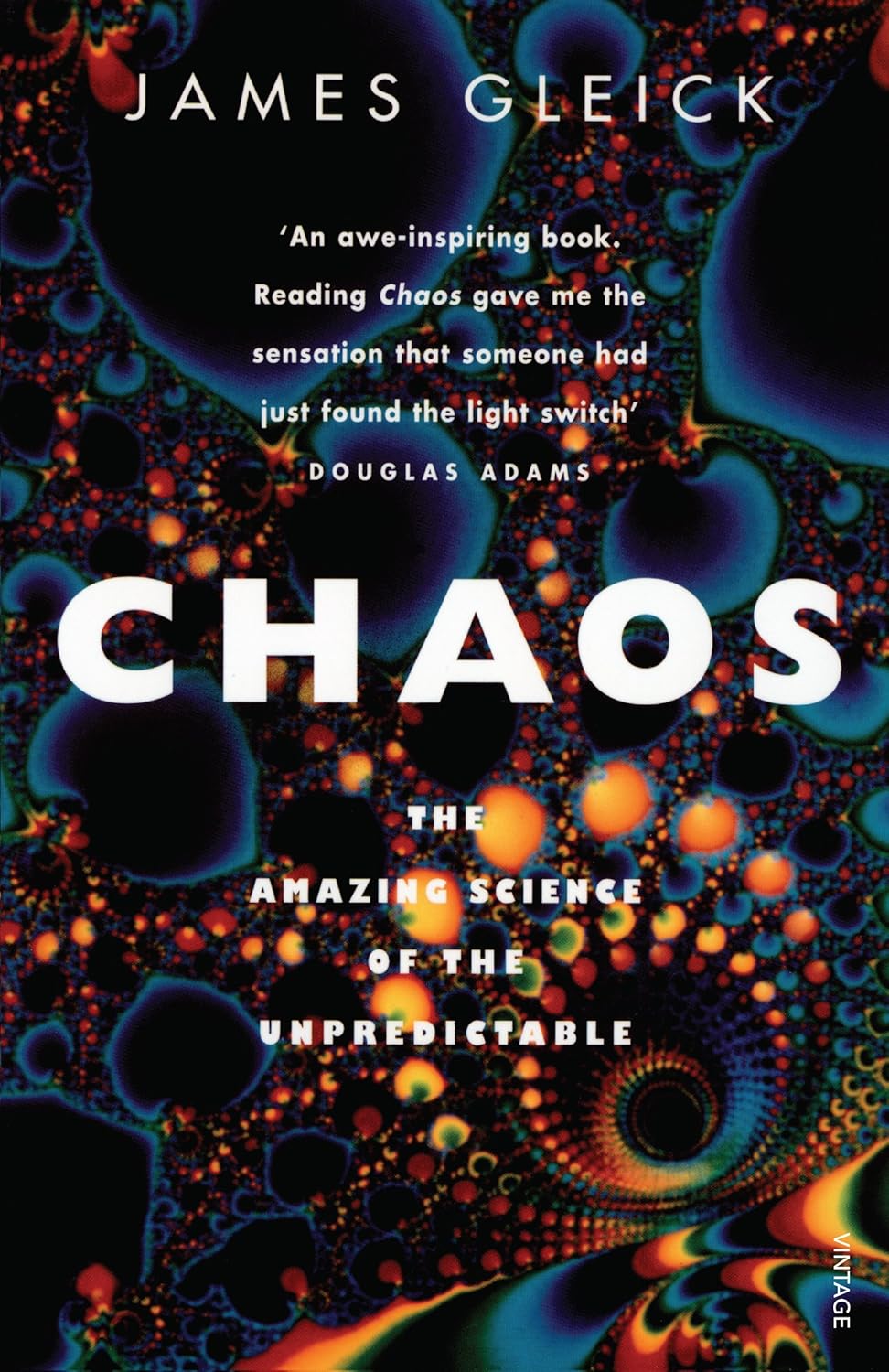About this deal
Towards the very end you get some very tantalising pictures that make you imagine what you might be able to do with just a bit more scientific detail. Numerous theories of Mitchell J Feigenbaum and D'arcy Thompson are discussed in an elaborate manner, while also taking into account their historical background. The book covers chaos theory under the lens of four themes: sensitive dependence on initial conditions, self-similarity, universality, and nonlinearity. This strange results were of great interest to mathematicians, especially topologists, who study shapes. Here he takes on the job of depicting the first years of the study of chaos--the seemingly random patterns that characterise many natural phenomena.
Too heavy on human interest, too light on maths, and Gleick has read more Kuhn than is good for him. This is not actually a science book on Chaos thoery, rather a scientific history book about people who worked on Chaos theory.His first book, Chaos: Making a New Science, an international best-seller, chronicled the development of chaos theory and made the Butterfly Effect a household phrase. This burn of the natural world, this magic of the unknown, is what draws me to read physics and philosophy as an absolute amature.
From Meteorology, to Physics, then Mathematics, Astronomy, hydrodynamics, and finally Biology by the 80s.I found it quite informative, especially in communicating what it would perhaps be like working in science at an exciting time. As the author says, there are 3 revolutions in the science of the 20th century: relativity, quantum mechanics, and chaos. Still, a whole lot more could have been done to illustrate the application and implications of the subject. For new doctoral students, there were no mentors in chaos theory, no jobs, no journals devoted to chaos theory. So I got exactly what I was looking for and now I can talk about chaos theory Jurassic Park style, which is all I wanted.
Along the way are the fascinating stories of the rebellious scientists that had to challenge the establishment and who finally gained acceptance for their rigorous work. Instead he focusses on giving a poetic account of the scientists who first stumbled on it -- and their great surprise and their struggles form the narrative crux of the book. The author mentions these concepts but without going into lucid examples of what chaos theory implies for them.The science of Chaos cuts across traditional scientific disciplines, tying together unrelated kinds of wildness and irregularity, from the turbulence of weather to the complicated rhythms of the human heart, from the design of snowflakes to the whorls of windswept desert sands. The author spent too much time in repeating the same terminology and concepts like 'strange attractors' and 'sensitive dependence on initial conditions' and not enough time making it tangible by using real examples that would have made it more meaningful. His narrative is compelling, yes, the stories are interesting, sure, but he doesn't grab the central characters as well as a new journalist like John McPhee does. Gleick's way of telling the stories makes the reader share in the wonder and incredulity of each pioneer as he stumbled upon this hitherto unguessed truth of nature.
Related:
 Great Deal
Great Deal 